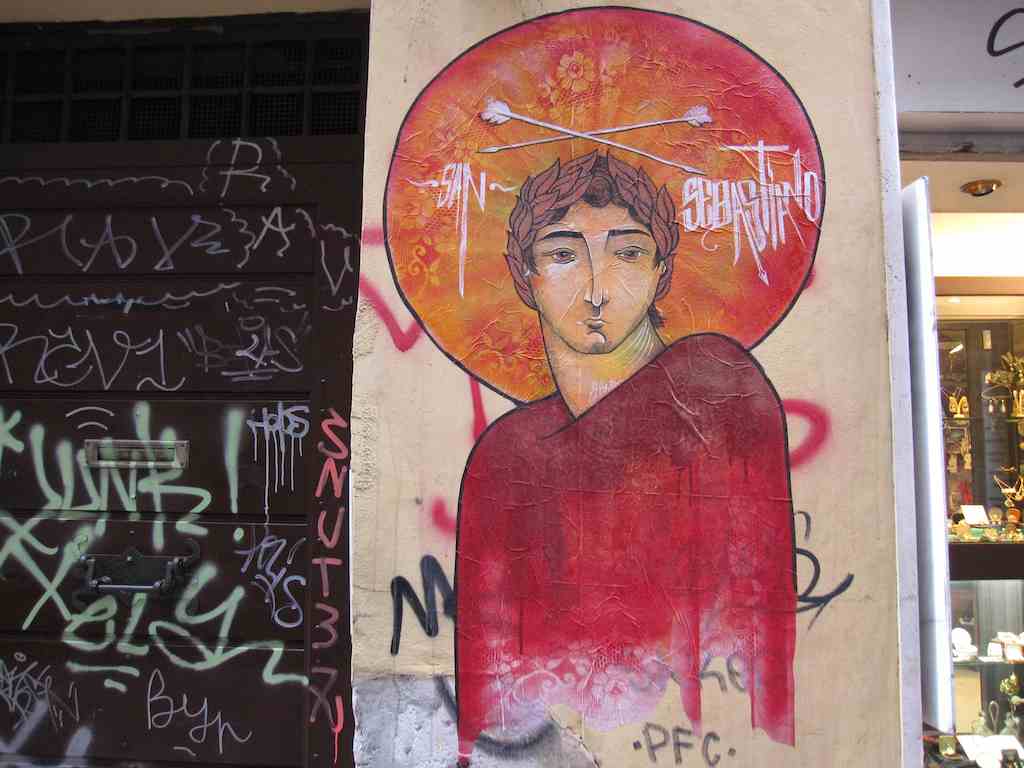ANTITHETA/COMPASSION
Discussion over lunch about abstraction and concretion in translation one day and about translation of mental illness the next: learning from Anne Carson not to remove from words the objects lodged inside them in favor of a clearer semantic "point"; learning from one's brother not to dismiss the phantoms inside another's head. Discussion of Zukofsky's homophonic translations in the vein of Kabbalistic thought, regarding the material of the word itself as reality, and of Pound's anti-hermeneutic and literalizing if miscorrect traductions of Chinese characters.
Chris Celenza points to Leonardo Bruni/Aretino's translation tractate, De interpretatione recta, the first after Jerome, intended as defense of his translation of the Nichomachean Ethics. Later discovering why:
"Those who learn how to paint by trying to copy an existing painting ponder the problem of how to transfer the shape, the stance, the gait, and the contours of the body not as they would make them, but as someone else did make them. The same process occurs in translation: the translator transforms himself into the original author with all his mind, will, and soul, and he also ponders the problem of how to transform the shape, the stance, the gait, the style, and all the other features, and how to express them." Funny how "mind, will, and soul" are not accompanied by "body"—as there is something quite corporeal in the occupation described here.
Ironically, the translator of this extract from a translation sourcebook is not credited in any prominent place.
